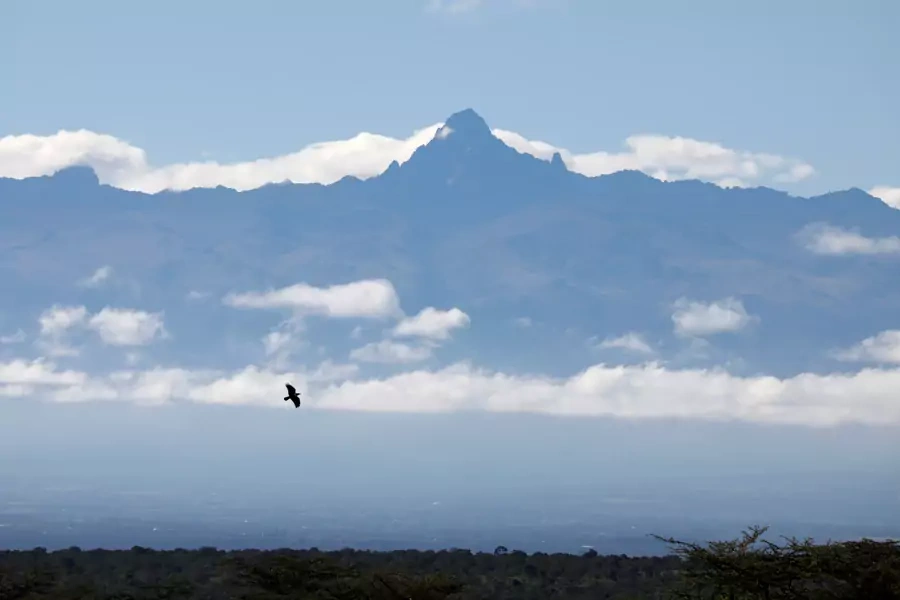The Origins of African States, and Their Names

An article on the origins of the names of African countries was recently published in Quartz. It includes a map of the continent in 1885, at the time of the Berlin Conference. Portuguese and Arabic traders and explorers are the origins of some names, European mispronunciation of tribal names are the origins of others. For example, Cameroon owes its name to a Portuguese traveler that came across a river full of shrimp, which he named Rio dos Camaroes, which means “river of shrimp.” Kenya has its origin in the British mispronunciation of the Kikuyu word for what would become known as Mount Kenya, “Kirinyaga,” which means “where God dwells.” Lagos, one of the largest cities in the world, means “lakes” in Portuguese, a reference to the islands in lagoon upon which it is built. And Nigeria was named by Flora Shaw—a Times of London journalist and later the wife of Nigeria's colonial Governor-General Lord Frederick Lugard—for the river Niger.
How African countries received their names is intrinsically interesting, but that Europeans named so many is also a salutary reminder of the origins of these countries. The boundaries of current African states usually have their origins in the Scramble for Africa, when the major European powers divided up the continent among themselves. Precolonial Africa was not organized into the nation-states we see today, with fixed boundaries and a nominal national identity. Rather there were kingdoms and empires with rulers and subjects, and numerous smaller political entities.
More on:
These defined blocks of territory, many of which emerged from the Berlin Conference, became the independent nation-states of Africa today. But, for some African thinkers, the nation-state is not a political entity that fits African realities. Hence, some of them prefer to identify with their ethnic or religious groups or as pan-Africans, rather than the nationals of a particular state of European creation.
More on:
 Online Store
Online Store